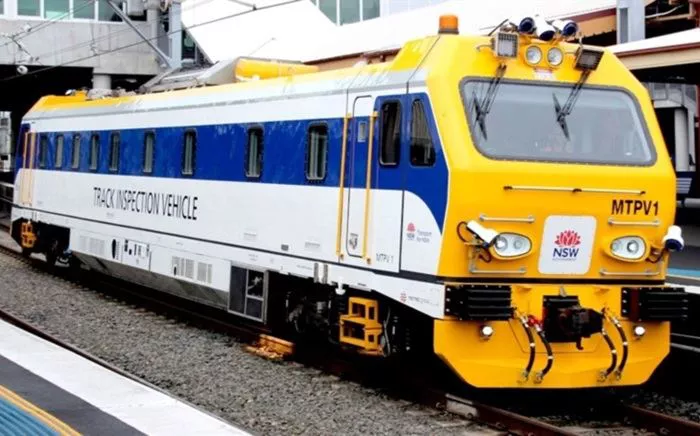KiwiRail, the state-owned enterprise, is reportedly planning to downsize its health and safety team by more than a quarter, a move that has drawn criticism from the Rail and Maritime Transport Union. Despite these planned cuts, the organization maintains its commitment to safety.
KiwiRail has confirmed ongoing consultations regarding potential changes in several areas of the company but has refrained from disclosing the specific number of jobs at risk. Andrew Norton, KiwiRail’s Chief People and Communications Officer, stated, “Our transformation programme is underway, and at this stage, we are in the process of consulting on proposals for change in some corporate areas.”
The Rail and Maritime Transport Union has raised concerns about the potential impact of these changes, particularly on the Zero Harm Group, which is responsible for driving KiwiRail’s health and safety performance. Todd Valster, the union’s general secretary, indicated that approximately two dozen jobs within the Zero Harm Group could be affected.
“There is a proposal for around two dozen of them to have to be redeployed or, unfortunately, made redundant,” Valster said. He also noted the union’s efforts to support its members during this uncertain period, emphasizing that redundancy would be the last resort, with options for redeployment and relocation being considered.
KiwiRail has not confirmed whether the Zero Harm Group is among the corporate areas affected by the proposed changes. Norton emphasized the organization’s ongoing commitment to safety, highlighting a strategic shift from relying solely on the Zero Harm team to fostering a proactive safety culture across all levels of the business.
“Over the past 18 months, there has been a significant programme of work to shift from a reliance on the Zero Harm team to ‘do safety’ for the business, and instead move to a more proactive approach of line-led safety culture and leadership,” Norton explained. This initiative has involved upskilling over 300 senior leaders and frontline teams as safety leadership facilitators and mentors.
Norton reported positive trends in KiwiRail’s safety performance, noting a 43 percent reduction in near-miss events that could lead to death or serious harm and a 10 percent decrease in the company’s total recordable injury frequency rate over the past year.
However, the Transport Accident Investigation Commission (TAIC) added rail worker safety to its list of systemic issues within the sector earlier this year, following two near-miss incidents involving rail workers. Since the beginning of the year, there have been 13 rail worker safety incidents reported to the TAIC, nine of which occurred after the addition of rail worker safety to the watchlist.
KiwiRail has also faced scrutiny following the grounding of its Aratere ferry north of Picton last month. Transport Minister Simeon Brown expressed serious concerns about the maintenance of KiwiRail’s fleet in the wake of the incident.
Despite these challenges, KiwiRail continues to project its commitment to becoming a leading health and safety organization in New Zealand. The ongoing consultations and strategic shifts aim to enhance safety practices and ensure the well-being of its workforce.
As the consultation process continues, the future of KiwiRail’s health and safety roles remains uncertain. The organization’s efforts to balance operational efficiency with a steadfast commitment to safety will be closely monitored by stakeholders and the public alike.
Related topics:
- Florida Department of Health Hit by Ransomware Attack
- WHO Launches MeDevIS Platform to Enhance Access to Medical Technologies Worldwide
- Empowering Indigenous Healthcare: First Nations Health Worker Traineeship Program Thrives


